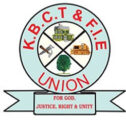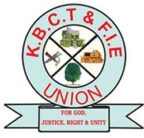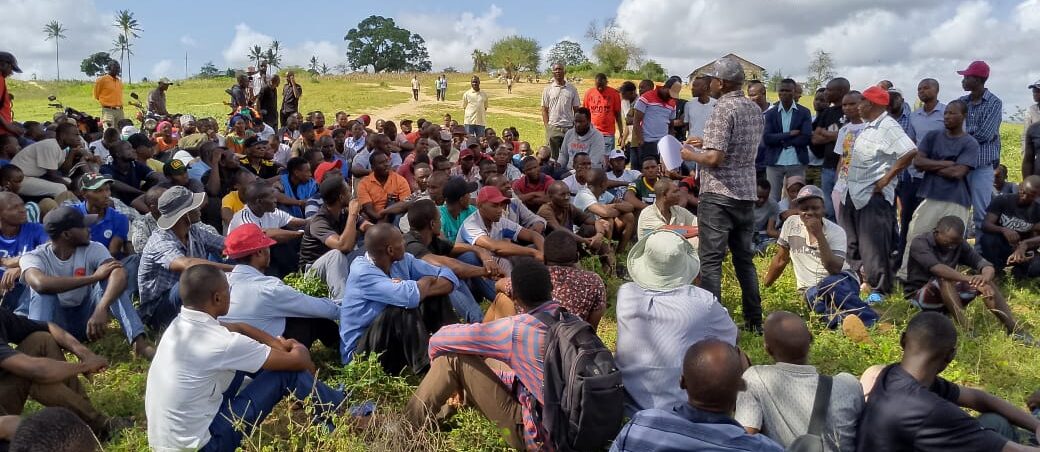Trade unions represent workers welfare issues and interests including people in the jua kali sector who are self-employed. Joining a union would benefit them and not harm them.
Eric Kanyi, the Education Coordinator of the Kenya Building, Construction, Timber and Furniture Industries Employees Union (KBCT&FIEU) counters that this perspective is ill informed. The union is intricately tied to the state of the economy, whereby increased economic activities also lead to increased membership through the workers in the different sectors of the economy.
Huge infrastructure projects like roads, railways and housing would naturally increase their membership for the duration of the project implementation. For instance, during the construction of the Standard Guage Railway (SGR) the project boosted their membership by 15, 000. Once they are completed, the workers would either move to a different union,or leave to start their own businesses. This also applies when projects stop or stall due to several factors, like lack of funding or lack of political goodwill.
“So, people imagine that the end of their time in these projects should automatically lead to the lack of usefulness of the union, especially for those who start their businesses. In reality, the benefits they can accrue remains immense, especially when they come together in an area”, he noted.
He noted that self-employed businesses who join or start businesses like hardware, lumbering, and carpentry can still benefit from the union. They will need to agree to work together, specifically those in the same locality.
The union can provide linkages for Jua kali workers to get critical government services like National Hospital Insurance Fund (NHIF), and National Social Security Fund (NSSF). Once they register, they can start saving or receiving benefits in hospitals when they need them. They can also be helped get insurance services from the different providers who will explore the packages that best fit their income.
As a group, the union can also provide training and awareness of the legal landscape of their sector. This can include fundamental rights and freedoms that they enjoy and should be cognizant as they engage as workers.
In addition, joining a union can provide market linkages for their products. This goes beyond the physical locations they normally sell their wares.
“Everyone should therefore know that they have a right to be unionized. Unions play a central role in ensuring that their welfare and businesses grow to their potential. As individuals, they can as well continue to fulfil their personal and professional obligations to the society”, Eric noted.
Becoming a member of KBCT&FIEU requires that you to pay Ksh100 as membership entrance fee. You will then be given a union membership card. Thereafter you will be paying 2.5 percent of your consolidated wages as monthly subscription.
Once you become a member, you are entitled to Union representation. It boosts of 23 branches that include Nairobi Central, Southern Nairobi, Embakasi, Lang’at Thika, Kiambu, Nyandarua, Kisumu and Eldoret.
Other branches are Nakuru, Molo, Mombasa, Malindi, Nyahururu, Meru, Kericho, Machakos, Kajiado, Nanyuki, Kisii, Kakamega, Embu and Nyeri.


